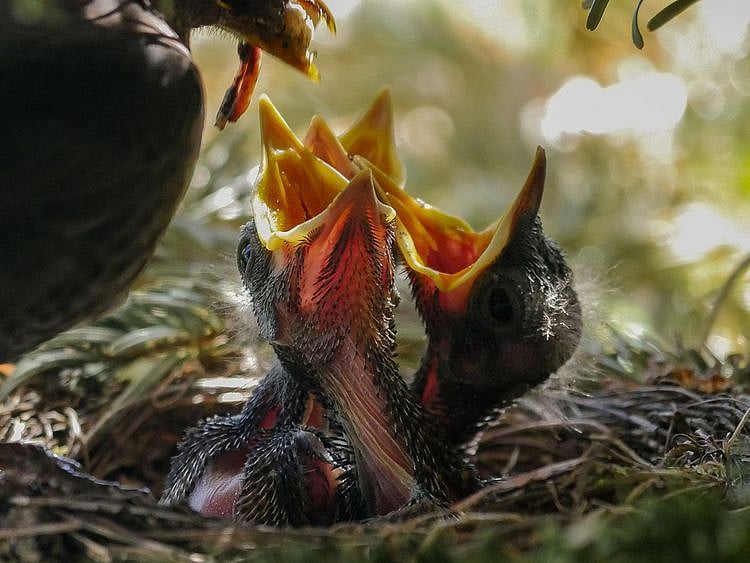A mother on the sill
Who knows the mother might return. Don’t we all hope that mothers return?

Mother’s day came and went. There was the usual loud celebratory hullabaloo and social media was alight extolling the virtues of mothers and motherhood. I closed my eyes and remembered my mother and her days. She was a working mother in times when very few women worked. Household help was unheard of and the lady toiled tirelessly. But never ever did I sense any weariness, frustration, ill-temper or exasperation. She was the pivot family hinged on; unflinching, devoted and unflappable. Never sent her a greeting card on mother’s day and she never missed one. Readers would have sensed my rather antiquated view of celebration of motherhood.
We recently shifted residence and in our new home we came across, well, a mother. On the kitchen windowsill sat a diffident bird. Light brown, long beak, anxious birdly eyes, probably an overfed sparrow or an underfed pigeon (am no ornithologist) that shuffled apprehensively. A closer view through the glass revealed a rather sparse bedding of twigs and straw on which she perched awkwardly. My clumsy attempt at opening the sliding window startled her and her short flight exposed two pale-white eggs. Most men are gentlemen and true to this aphorism, I withheld any further activity. I watched her closely almost every waking hour (many nocturnal visits too) but she never left the eggs uncovered again.
My wife, otherwise a strong proponent of intermittent fasting did not appreciate this prolonged fasting in mothering birds. She was curious to know how this mother survived such a long fast and insisted that I find out about her food choices and place a water bowl. I made another (clumsy) attempt at opening the window to place some nourishment for her when a fierce flutter of feathers and a purposeful gnaw at my hand conveyed the message. Feminine ferocity, feathered or otherwise, can leave you shaken and my wife insisted that I open the window with a gloved hand and place the essential nutrition. Men go mellow after a feminine rebuke and my next attempt did appear that of humbled husband who the birdie allowed to place the articles of interest.
Days went by and the mother-bird was constantly busy with her eggs as she intricately maneuvered her beak between her eggs. We did not know what she meant to do but not once did we see the eggs. One morning I heard her for the first time and was intrigued. She had been resolutely silent, though always busy, all these days. Her reprimand grew louder as I approached for my hourly peep. As she continued to complain I realized that her water bowl had gone dry. I refilled the bowl gently and was pleasantly surprised at her patient acceptance of my activity.
One morning we saw a few fragments of egg-shell and concluded that they had hatched. There was this new aggression to her demeanor as she would not allow water replenishment now. Any attempt to open the window would be met with fluttery feathery hostility. After a few days we finally saw the two talkative fledglings and an absent mother for the first time. She would return and feed them something, probably insects, beak to beak. My wife was rather cross with me for having inflicted a vegetarian diet on a non-vegetarian bird. The kids grew and the nest hived with activity. She still kept them covered and was always wary and watchful. Once they outgrew the nest she would bounce about cagily and relentlessly kept an eye on the skies.
One morning the nest was empty. She did not return for three days but I did not have the heart to remove the scant weave of twigs.
Who knows the mother might return. Don’t we all hope that mothers return?
We are waiting.
Dr Rakesh Maggon is a Dubai-based specialist ophthalmologist with an interest in literature
Sign up for the Daily Briefing
Get the latest news and updates straight to your inbox
Network Links
GN StoreDownload our app
© Al Nisr Publishing LLC 2026. All rights reserved.